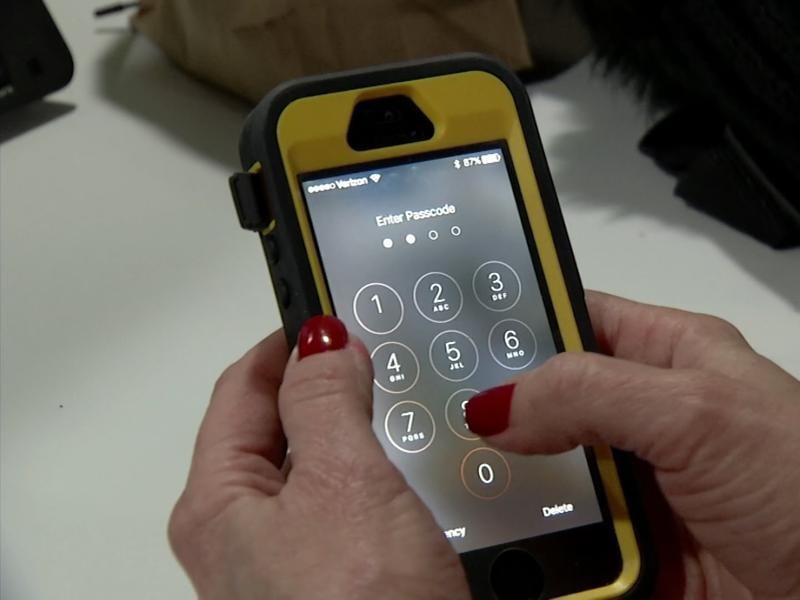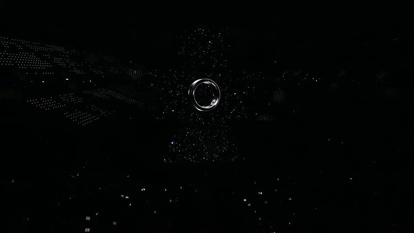Apple-FBI encryption showdown postponed, for now
Tech giants and civil rights advocates have warned that the case goes beyond just one phone and that if the court had sided with the FBI, it would have harmed human rights and digital security.

The US government's decision to delay its effort to force Apple to help unlock an attacker's iPhone may only postpone the inevitable drawn-out battle over encryption and data protection.
"It's only a matter of time before another case comes up on this," said Joseph Hall of the Center for Democracy & Technology, a digital rights group, after the government said it may have found a way to crack the iPhone of one of the San Bernardino attackers without Apple's help.
The decision by federal prosecutors to cancel a hearing set for Tuesday "shows the FBI was expecting to get its clock cleaned" in legal arguments to force Apple to provide technical assistance to hack into an encrypted handset, he added.
Tech giants and civil rights advocates have warned that the case goes beyond just one phone and that if the court had sided with the FBI, it would have harmed human rights and digital security.
The case has drawn interest from groups as diverse as Amnesty International and the UN High Commissioner for Human Rights.
A last-minute filing by the Justice Department on Monday said the FBI appeared to have found a way into the iPhone in question with the help of an unidentified "outside party."
James Lewis, a senior fellow at the Center for Strategic and International Studies specializing in cybersecurity, said the latest developments underscore the limits of encryption.
Remember the Titanic
"Whenever anyone tells me something is unhackable, I remember the line that the Titanic was unsinkable," Lewis told AFP.
"If you give people enough resources, they can break in. This is a race between people who write (software) products and people who break them."
Hall agreed, saying encryption "is a practice" that must continually evolve.
"There may be something we consider secure or well encrypted, and you may find a flaw in the future," he said.
"You can see how Apple has managed this," he added, "but that cat-and-mouse game will continue."
Federal prosecutors and Apple spent weeks trading a volley of legal briefs related to the FBI's demand that the tech company help investigators unlock the phone used by Syed Farook, who died in a shootout after the deadly December attacks in San Bernardino, California.
The FBI says the device may contain critical information for its probe into the December 2 shooting, which left 14 people dead. However, Apple has balked at a court order to help investigators, citing customer privacy and security concerns.
Hall said the FBI apparently hoped to set a legal precedent. "It's hard to think of another case that would be more sympathetic to their cause," he said.
The two sides were waging both legal and public relations battles.
Different polls showed the US public split -- some surveys showed support for law enforcement while others indicated more backing for Apple.
A survey released Tuesday by Vrge Analytics found that support for the FBI has eroded in the last month, however.
A month ago, the group found that 50 percent of Americans believed that Apple should be required to help unlock the iPhone, but that support had slipped to 41 percent.
- Paris, Brussels and encryption -
Darren Hayes, a Pace University professor specializing in computer forensics, said the issues will be seen as more urgent in the wake of attacks last year in Paris and on Tuesday in Brussels.
"If we hear more about iPhones used in terrorist attacks, people may side with the government a little more," he said.
The question of access to encrypted devices will probably be dealt with in the legislative arena in the United States and elsewhere, Hayes added.
"This is not just a struggle in the US," he said. "It's a toss-up on whether the US or EU implements legislation first."
Catch all the Latest Tech News, Mobile News, Laptop News, Gaming news, Wearables News , How To News, also keep up with us on Whatsapp channel,Twitter, Facebook, Google News, and Instagram. For our latest videos, subscribe to our YouTube channel.

























